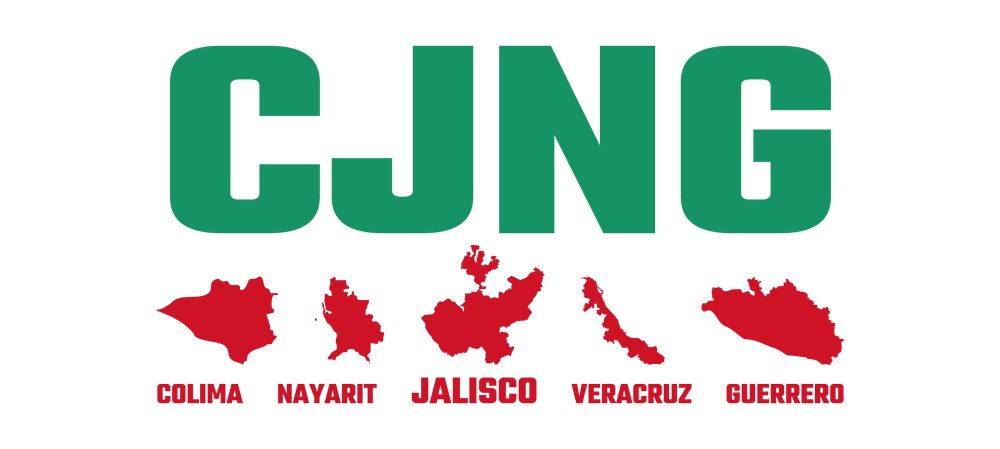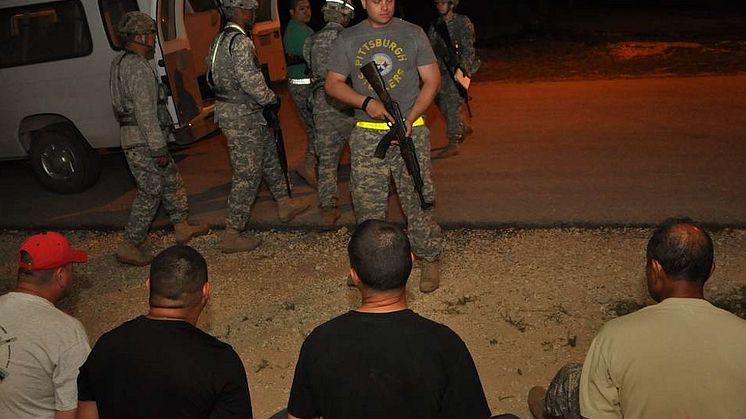A decade-long US government investigation reports that thousands of mainly elderly Americans have been defrauded by the world’s most violent cartel.
The stomach-churningly brutal drug trafficking organisation Jalisco New Generation Cartel (Cártel Jalisco Nueva Generación – CJNG) diversified into the timeshare resale fraud business around ten years ago in upscale Puerto Vallarta before expanding to Cancun. The Mexican gangsters now have an estimated minimum 24 call centres focussed on defrauding US timeshare owners in those two locations as well as several other timeshare hotspots.

“It’s more cash in hand than they make from drugs,” claimed a US official, speaking anonymously to USA Today. “The overhead is really low for this.”
A US government investigation estimated the Mexico based fraud scheme to be bringing in hundreds of millions of dollars a year.
Due to the dynamic nature of the illegal business, few of the telemarketing criminals have been charged. They abandon shell companies and bank accounts as soon as they are tagged by authorities, swiftly creating new ones.
As well as their breathtaking levels of violence, the CJNG are known for their business acumen and ability to pioneer new marketplaces. Millions of Americans own timeshare, and up to 85% of those people are unhappy with their ownership. Timeshare contracts are deliberately written to prevent people from being able to escape once they realise that the product doesn’t make financial sense.
“What you therefore have is a huge market of desperate people, trapped paying annual fees for something they don’t want,” confirms Mark Jobling, communications officer for Timeshare Advice Centre.
These cartel ‘resale’ operations obtain data lists of timeshare owners and call them, offering a good price to buy their ownership. Timeshare owners jump at the chance. Then later, very skillfully, the perfect-English-speaking cartel representative starts asking for money to ‘pay local taxes’. to ‘pay federal taxes’ to ‘pay insurance bonds’ and other, endless lists of expenses. “They are extremely convincing,” says Jobling. “And will continue coming up with more reasons to ask for money until the victims finally accepts that they have been scammed and stops paying.”
Stephen a 54 year old Midwestern financial manger was contacted in this way and offered $65,000 for a two-bedroom Cancun timeshare condo he had paid $47,000 for six yeas previously. Stephen’s family were growing up and they used the property less and less. Stephen accepted the deal. The catch was he would have to pay ‘Mexican Federal tax’ of $3900, which would be held in escrow and he would be credited the money back after the deal closed.

One tax or charge led to another as endless bogus attempts to sell the timeshare property were presented. Stephen ended up paying a total of close to $1.8 million after being manipulated by this ruthless campaign of fraud.
“It’s almost like an addiction,” says Stephen. “I kept thinking that the next person was going to help me get out of it.”
The FBI receives an average of 1400 complaints annually about Mexican timeshare resale fraud, and this number is increasing every year
Modern communications and the Internet mean that we are ever-increasingly accessible to fraudsters and criminals. However, with a little vigilance and common sense, protecting ourselves from this kind of operation need not be too daunting.
Timeshare memberships that were mis-sold, or no longer present value to the owner are a problem that needs addressing.
Following these simple rules will ensure that you retain a capable and credible firm to handle your relinquishment.
And always keep in mind the number one rule when someone offers you a deal beyond your greatest expectations: If it sounds too good to be true, it is.
For further advice on timeshare related issues, get in touch with our team at the Timeshare Advice Centre.
